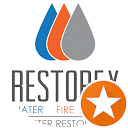-
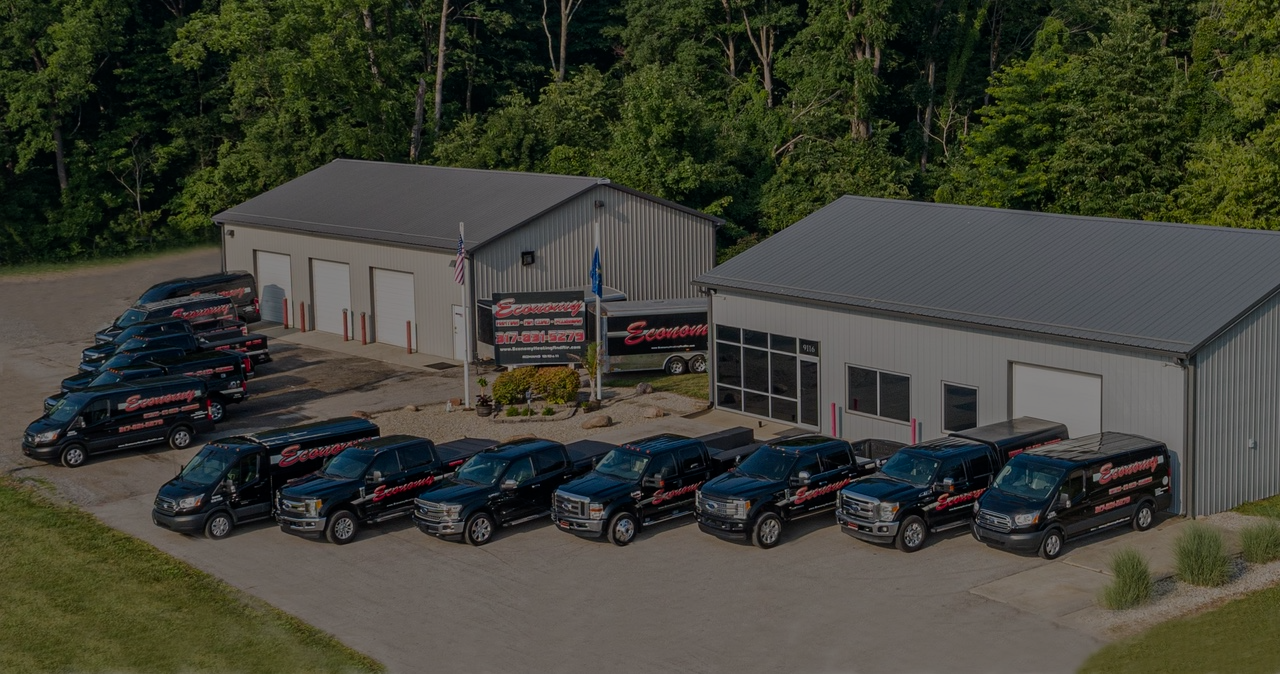
You need a team of experts you can trust
We’re here to make sure you’re always taken care of.
Your Comfort is Our Top Priority!
Our Experienced HVAC Repair Technicians are Available 24/7!
At Economy Heating – Air Conditioning – Plumbing, we care about you.
Doing great work is a priority and the satisfaction of our customers is our #1 goal.
As a family-owned business, we understand that you need a trusted team of experts for all your heating, air conditioning and plumbing needs who will treat you better than anyone else. And we know how difficult this can be to find in a contractor. That’s why all of our team members are highly-trained, honest, efficient and always make our customers our top priority. No matter your needs, we’ll provide you with a personal experience and exceptional service.

Professional
Our technicians are highly-trained, trustworthy and care about you.

24/7 SERVICE
If your furnace or air unit breaks down at any time—we’re just a call away.

QUALITY
We use the highest-quality brands to ensure you’re receiving the best comfort all season long.

Quality Services for Every Season
At Economy Heating, Air, & Plumbing, we are dedicated to ensuring your comfort, convenience, and peace of mind. From our friendly customer service to our skilled technicians, we strive to exceed your expectations at every step. We are committed to delivering top-quality HVAC and plumbing services that keep your home or business running smoothly and efficiently.
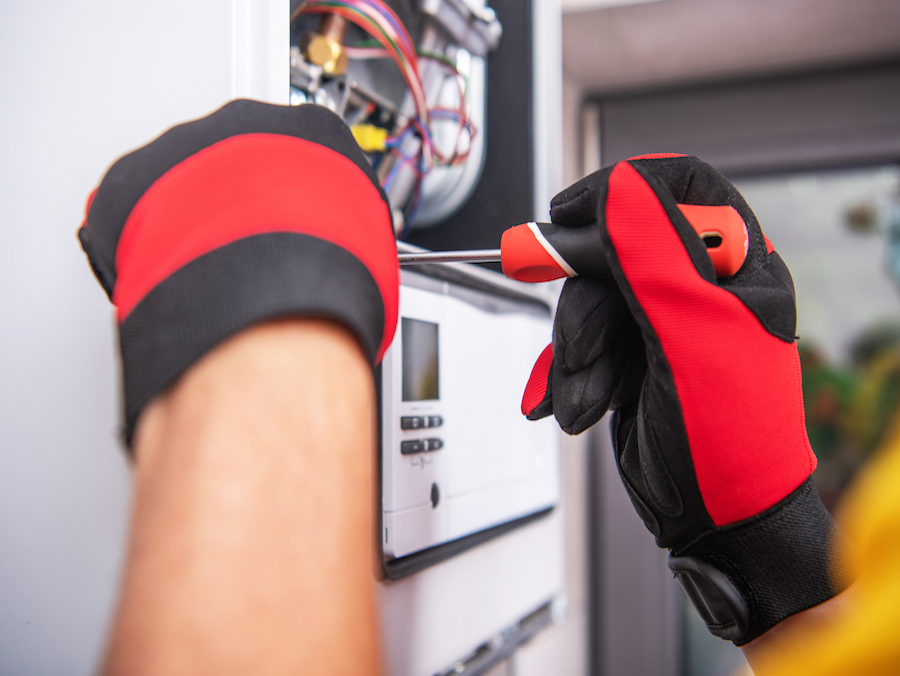
Air Conditioning
You can trust our knowledgeable, certified technicians to tackle any type of challenge or issue, with any brand of equipment.
Read more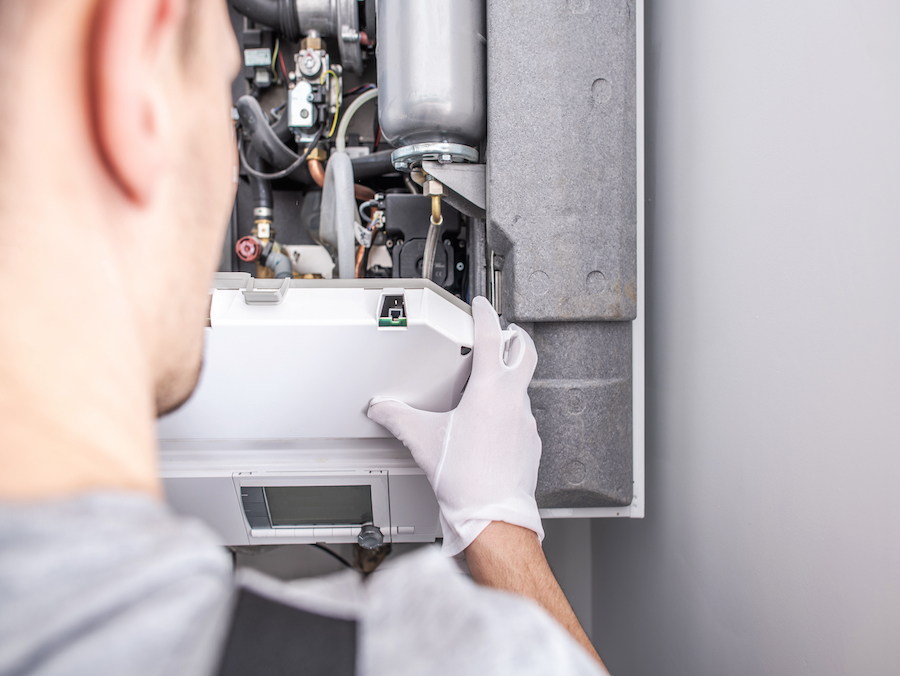
Heating
Whether you need to repair, replace or service your heating system, you can count on our highly trained, certified technicians.
Read more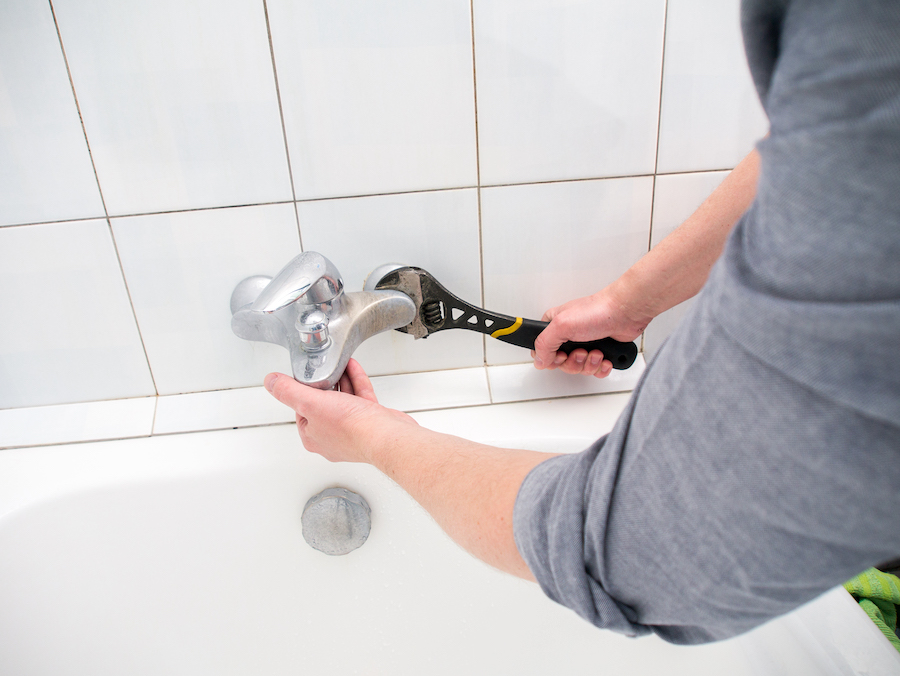
Plumbing
From clogs and leaks to replacing your water heater or garbage disposal, Economy Plumbing is your complete, full-service solution.
Read more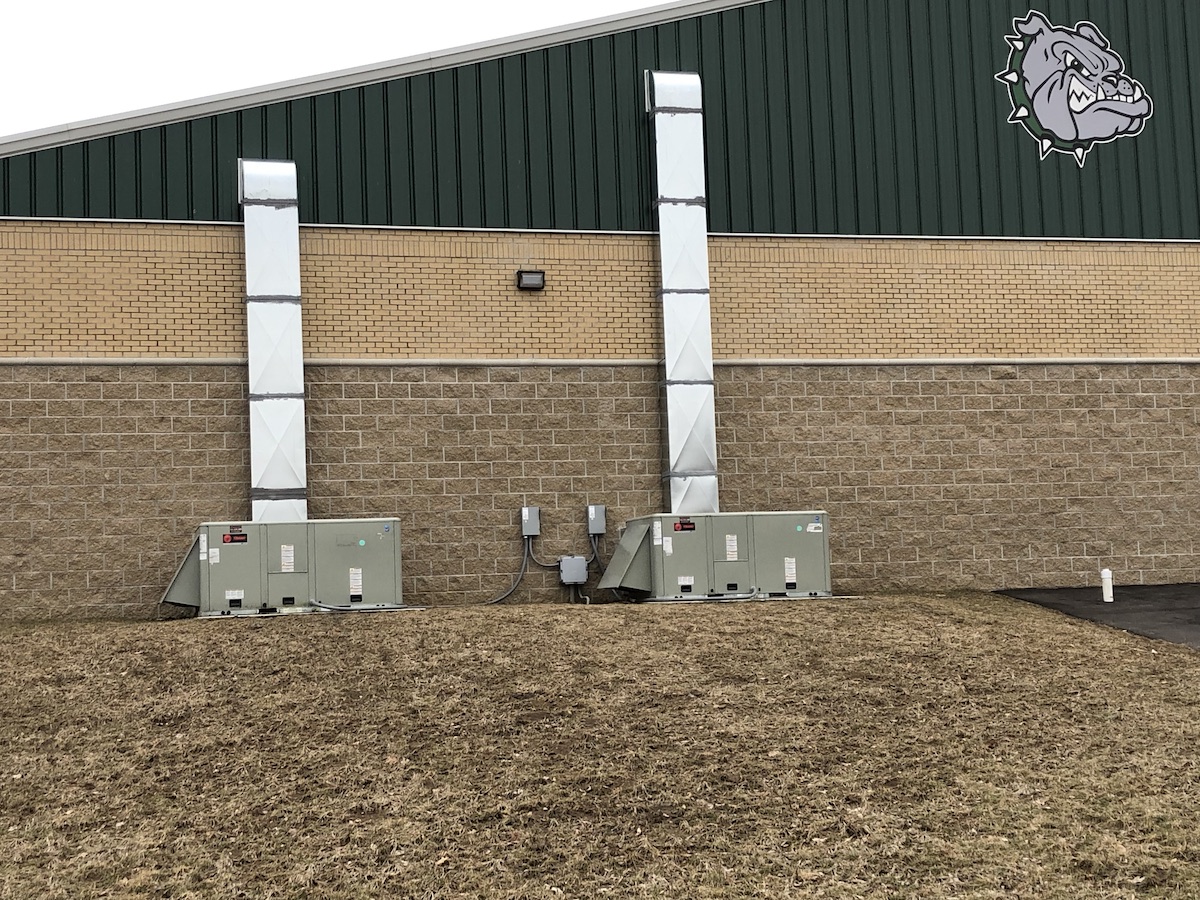
Commercial Services
We offer a variety of heating and cooling solutions to meet your specific commercial needs, including high-efficiency furnaces and air conditioners
Read more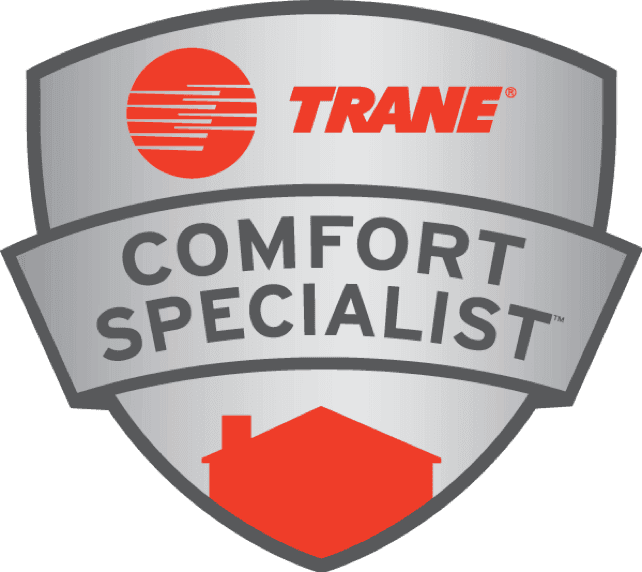
TRANE Dealer Services & Features
- Trane Comfort Specialist
- 24/7 Emergency Service
- NATE Certified
- Diagnostics
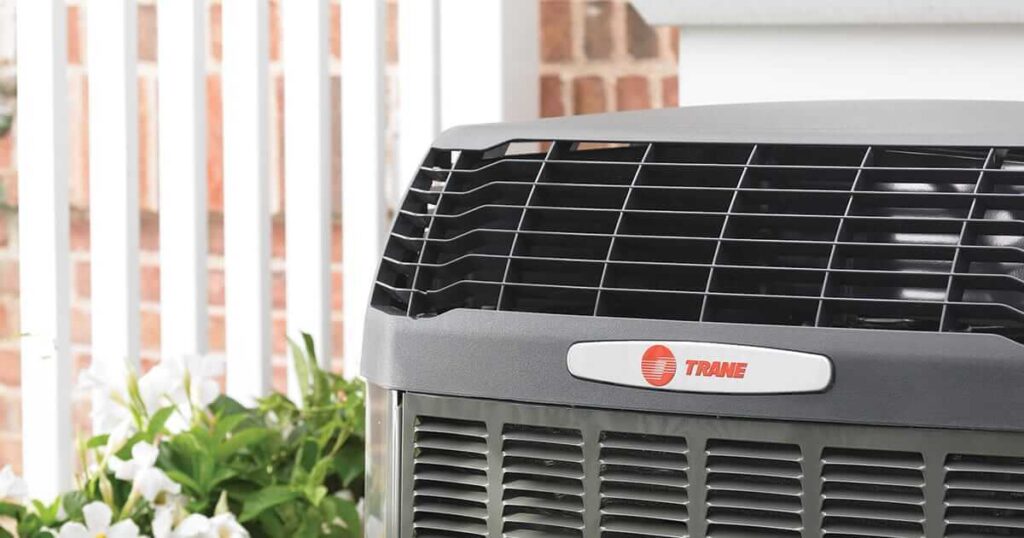
Join Us Live on Facebook: Connect, Engage, and Stay Informed
Welcome to Economy Heating, Air, & Plumbing’s live Facebook feed! We’re excited to have you join us in this interactive space where we share valuable information, updates, and engage with our loyal customers like you. Here, you’ll find a vibrant community of homeowners, business owners, and HVAC enthusiasts who are passionate about creating comfortable living and working spaces.
How to Join the Conversation:
- Like and Follow Our Page: To stay connected with our live Facebook feed, make sure to like and follow our official page. This ensures that you receive notifications when we go live or post updates.
- Enable Notifications: Enable notifications for our page to receive real-time alerts when we start a live video session or share important updates. This way, you won’t miss any valuable information or engaging discussions.
- Interact with Us: We encourage you to actively participate in our live Facebook feed. Ask questions, share your experiences, and engage with other community members. Your input and insights are valuable to us, and we appreciate your active involvement.
- Share and Invite Others: If you find our live Facebook feed valuable, don’t hesitate to share it with your friends, family, and colleagues who may benefit from the information we provide. Help us expand our community and bring comfort to more homes and businesses.



